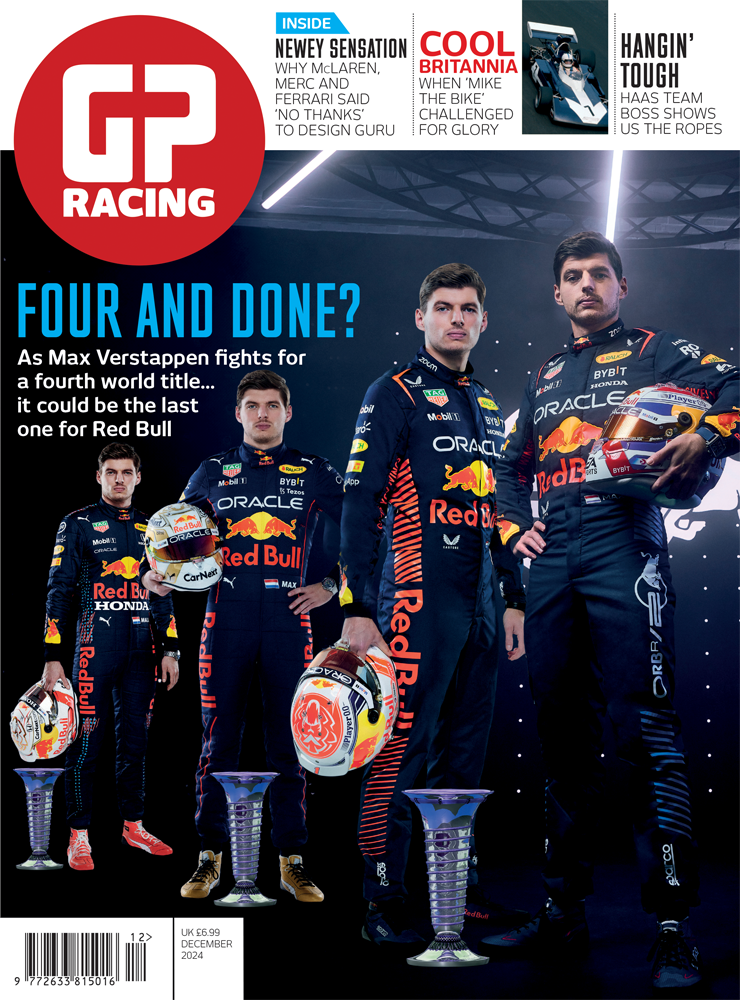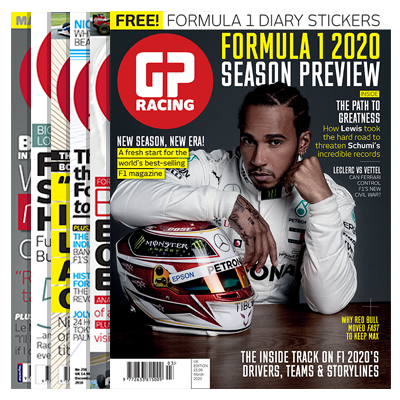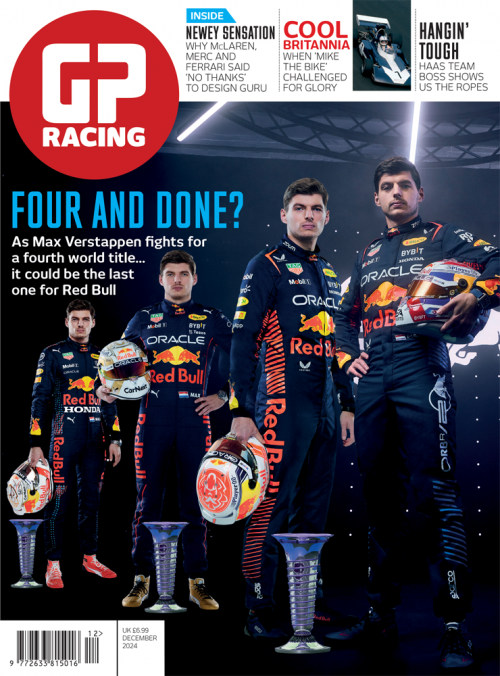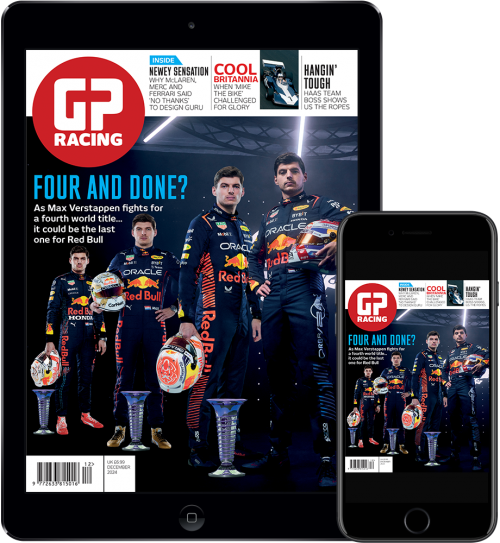If Brazil turns out to have been a pivotal point in the 2024 world championship then I think most observers – partisan fans as well as we neutrals – have cause to rejoice. Indubitably one of the candidates for the drivers’ title raced like a champion while the other one didn’t.
You may lament Max Verstappen’s often prickly off-track demeanour and sometimes questionable etiquette in close combat. You may cavil at his team’s tiresome with-us-or-against-us mentality (and, indeed, his team principal’s cynical foghorn amplification of absurd conspiracy theories). But you cannot dispute the quality of a wet-weather victory for the ages while setting fastest laps as he pleases. Let’s not go down the rabbit hole of trying to rank them in order of quality but Max’s Brazil 2024 deserves to be mentioned in the same breath as Senna’s Donington 1993 and even, perhaps, Fangio’s Nürburgring 1957 or Jackie Stewart’s Nürburgring 1968. These are days when worthy champions made their rivals look ordinary.
Still, behind the scenes, all is not well. It’s possible you’ve arrived at this page still spluttering with outrage over our cover treatment. You might not want to believe it but well-sourced word in the paddock – particularly among those well-connected in Dutch circles – indicates that Max’s tolerance for everything in F1 which annoys him is starting to run out. As we adumbrate on p16, it’s a long list which extends from Red Bull’s difficulties in providing him with a consistently competitive car and the tawdry power struggle still raging at that team’s HQ, through to his belief that he’s become the FIA’s whipping boy over matters from on-track conduct to his choice of words in press conferences.
Not everybody will be happy about events in Brazil. I refer not just to McLaren management and some elements of the fan community but also to the commercial rights holder and the promoters of races which may now become dead rubbers. This issue of GP Racing hits the streets ahead of the Las Vegas GP, where Max has a mathematical possibility of getting the championship over the line and rendering the last two parts of the triple-header somewhat less than enthralling.
The warm glow of a fourth consecutive drivers’ championship may yet change Verstappen’s perspective on his F1 future. Nevertheless Red Bull has wider issues beyond Max management and faltering car performance. As we examine on p32, the organisation’s young-driver ladder is missing a few rungs – a situation thrown into stark relief by Sergio Pérez’s shambolic recent form. The most compelling potential replacements for Checo lie outside Red Bull’s pool – a let-down for a company which has done more than any others to promote young talent in the past quarter-century…












